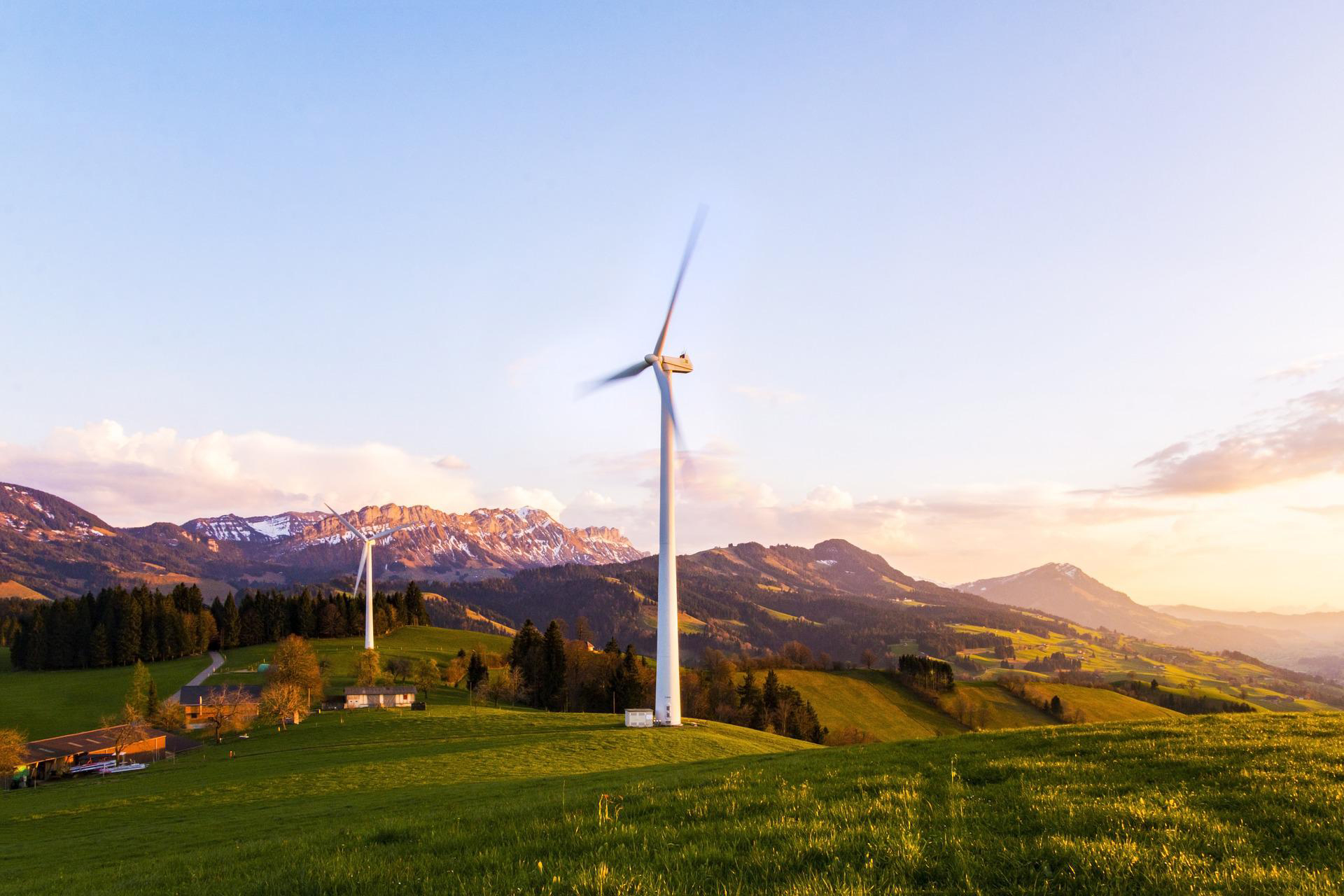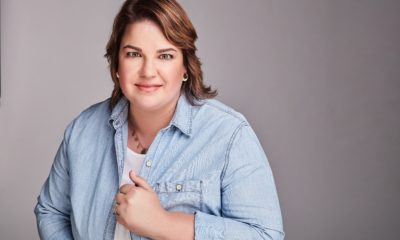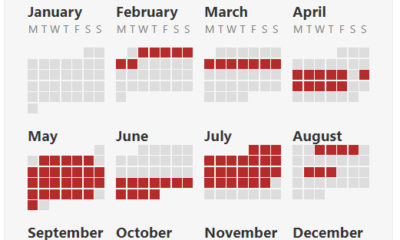
Featured Item

SA’s problems light way for innovators
Unwilling to stay in the dark, innovators are creating a sustainable energy future for South Africa.
From supplying green energy to facilitating investment in large-scale renewable energy projects, to remotely monitoring cold chains and generators, they’re inspired by the possibilities our electricity challenges present.
Just 27 years old, Erin Berman-Levy, the chief executive of a renewable energy consulting company, has a refreshing take on South Africa’s problems. “I love South Africa, it’s a big part of my energy and passion,” he says. “I’ve always wanted to be able to work to help not only the environment, but the country as a whole.”
Being well travelled, his view is, “A developing country with so much growth potential but so many problems creates opportunity, and the opportunity here is far greater than what I’ve seen overseas.”
After investigating the field and its commercial possibilities, Berman-Levy formed Blue Echo, which consults on cost-effective solar and hydrogen energy solutions. “In the solar space, we primarily play in the commercial and industrial field, working with a variety of partners who do large-scale installations, and financiers who fund these projects,” he says. “We put solar panels on the roof for free for commercial customers and supply them with electricity for less than what they’re currently paying Eskom.”
With loadshedding, Blue Echo and its partners have also become increasingly involved in the residential space. “Customers can invest in their solar systems outright, but we also facilitate various funding options in which they’ll pay a similar monthly amount to what they’re currently paying Eskom.”
Increasingly topical, considering this week’s petrol-price increase, Blue Echo is also mitigating the costs and emissions associated with heavy diesel vehicles such as long-distance trucks and mining vehicles through hydrogen solutions.
To avoid the dangers of storing hydrogen, Blue Echo stores distilled water – H20 – which it then splits into hydrogen and oxygen using a using a small amount of electricity. “Tiny amounts of hydrogen go into the air intake of the diesel vehicle. The diesel therefore combusts more efficiently, meaning less is needed to produce the same amount of power.”
“As we produce more power privately and solar infrastructure grows, we’ll become less reliant on centralised power stations,” Berman-Levy says.
Marc Immerman, the lead principal of private equity practice Metier Sustainable Capital, which invests in renewable energy, energy efficiency, water and waste on a Pan-African basis, also believes renewable energy will help to resolve South Africa’s power crisis.
“South Africa has to contract with independently owned power stations. The more renewables you can get onto the grid the better, because they’re cheaper and better. You also need to bring in gas sensibly because it can be switched on and off, whereas coal and nuclear can’t. You do need some thermal or fossil power, but our coal plants aren’t functioning; and they won’t improve. Eskom doesn’t have the money or bandwidth to build new ones. As evidenced by the issues encountered during the construction and operations at Medupi and Kusile, the sensible approach would be for the country to source power from independent private energy companies who then face the risk of construction and operations.
A real possibility to add renewable energy onto the grid is a procurement structure called a feed-in tariff. This would comprise a structure whereby Eskom or municipalities would offer renewable energy project companies a long-term offtake contract for those that can supply energy onto the grid in a short space of time with an attractive tariff. This tariff would be significantly lower than the current cost structure faced by both residential and corporate customers, illustrated by the recent large-scale procurement which has witnessed solar and wind being offered at 40 cents a kilowatt hour. Eskom and the municipalities currently charge in the region of R1-R2.50 per kilowatt hour. It could be a win-win as the municipalities would make a margin on the power which can be shared with consumers.
After working in investment banking and equity analysis, Immerman had an epiphany, deciding to pursue his passion for making a difference through renewable energy. “During my 12 years at Metier, we’ve invested in large-scale renewable energy projects in South Africa,” he says. “These include the installation of solar PV – that converts sunlight into electric energy – to panels, big wind farms, and concentrated solar thermal, a more complicated form of solar energy in which heat is used to create steam from water which then drives the turbine.
Some plants use a product called molten salts, he says, a natural phase-change material that becomes a storage mechanism for heat, which can be sent to the grid when needed. Immerman is a founder of one such independent power project in the Northern Cape, called Bokpoort CSP, a concentrated solar power thermal energy plant, which he recently exited in keeping with the invest and return nature of Metier’s investment vehicle.
There are also those who are innovating to mitigate the potentially damaging effects of power issues, especially when it comes to protecting medical supplies. Such is the case of electrical engineer Saul Glass, chief technology officer (CTO) and one of the many Jewish partners at Beyond, an “internet of things” company which provides remote monitoring and control solutions for vital organisations. Locally, these include the South African National Blood Service (SANBS) and Dis-Chem, and internationally, UNICEF (the United Nations International Children’s Emergency Fund) and The World Health Organisation.
Beyond runs remote temperature monitoring systems for these organisations on a cloud-based system which provides a constant view of temperature-sensitive assets and equipment throughout the cold chain. This is potentially life-saving as vaccines, blood, insulin and other temperature-sensitive pharmaceuticals need to be stored at specific temperatures.
“Through this system, we’re also checking power status, so if the mains go off, we alert the client through our online monitoring system,” says Glass. “We also monitor their generator’s functionality and fuel levels to ensure that all of their systems are working 24/7.”
Beyond has also recently partnered with UK-based company Dulas, experts in solar power and refrigeration for remote locations. “Dulas places our systems directly in their off-grid smart-refrigerators during the manufacturing process,” says Glass. “Not only do our devices monitor the fridge temperature, but also whether its solar is on or off.”
Beyond has also been in talks to supply these fridges to South African provincial health ministries and the SANBS. “We live in a unique country with different problems that allow us the opportunity to be creative and make a real difference,” says Glass.










